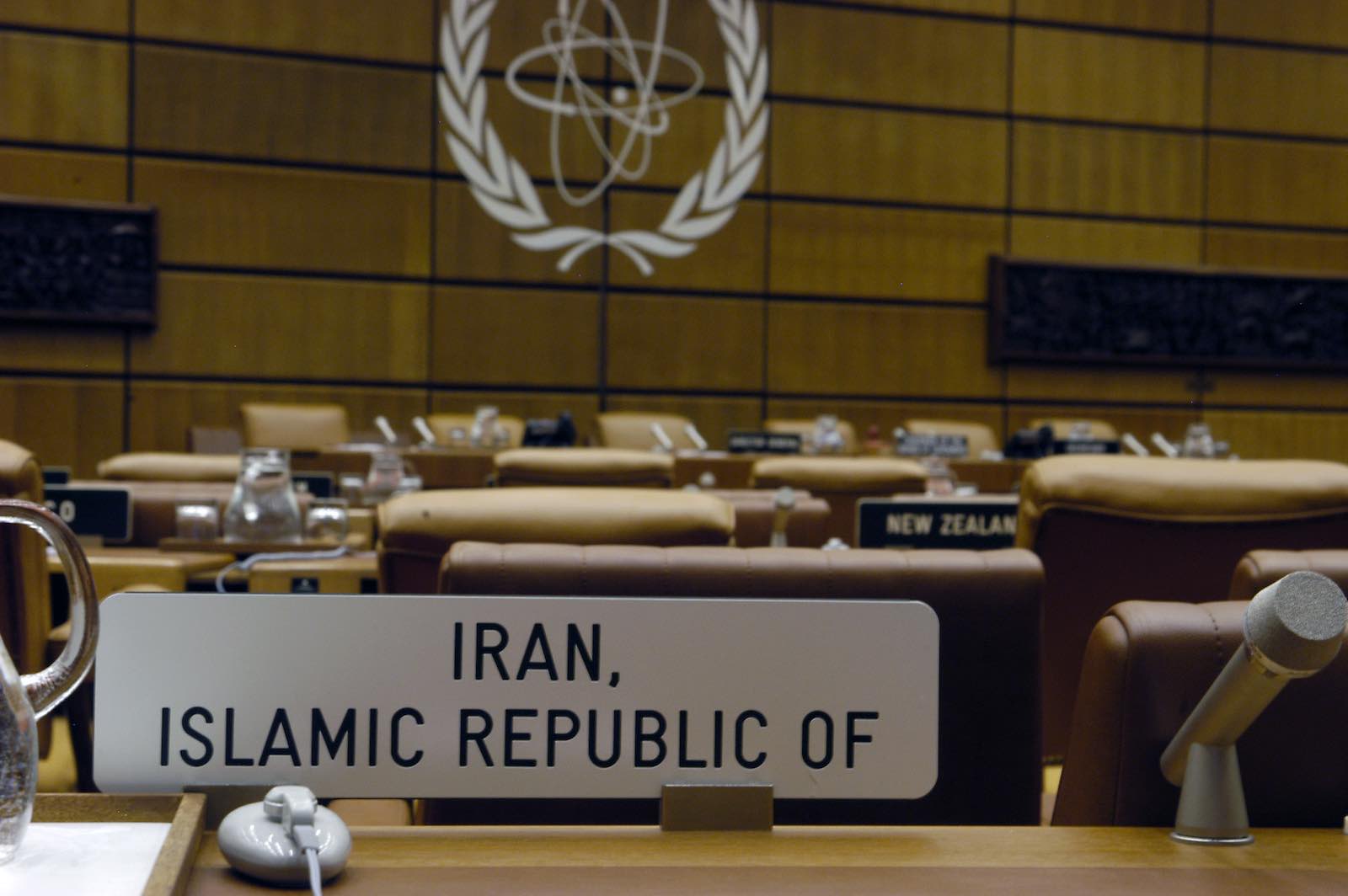The Iranian Foreign Minister Mohammad Javad Zarif, has proposed the possibility of settling disputes over the nuclear deal by adopting the ‘simultaneous’ approach, meaning that Iran will once again comply to the deal in return for US lifting sanctions imposed on it. On February 2, during his interview with CNN network, Zarif responded to the question by Christian Amanpour, about whether Iran is still demanding that the US act first, saying that the necessary steps can be synchronized. He also suggested the EU mediate to settle the disputes and remove any obstacles against Washington's return to the agreement.
This may imply that Iran made early concessions in its position, regarding the adherence to strict conditions, similar to: the US returning to the agreement first, lifting sanctions and providing compensation for the losses incurred. However, these may not be major concessions impacting the general attitudes of the Iranian leadership, nor may they necessarily indicate Iran's intention to make significant changes in its policy regarding the nuclear deal. To be precise, this new approach announced by Zarif may simply be a tactical change in the Iranian policy aiming to enhance the access to understandings and to avoid early problems with the US administration, at a time when Iran appears to be in dire need of lifting US sanctions.
The Moderates' Endeavors:
Zarif's eagerness to adopt this new approach may not be separated from the current interactions taking place on the Iranian domestic scene. This approach highlights the tireless efforts exerted by President Hassan Rouhani and his government, along with the moderates to settle the crisis of the nuclear deal prior to the presidential elections in June 2021. President Rouhani seeks to record an ‘achievement’ before leaving his post, especially since he faced continuous pressures from the Revolutionary Guards and the fundamentalists during his second term. This is due to the crisis resulting from the US withdrawal from the deal in May 2018, followed by the US imposing sanctions on Iran. This may not be the only goal, as the moderate current may seek to exploit any possible settlement to the current crisis in order to boost the chances of one of its candidates in the elections. Many views expect that one of the ‘Pasdaran’, the fundamentalist candidates, or even Muhammad Jawad Zarif himself may win.
Two Main Objectives:
Externally, there are two main objectives that Iran seeks to achieve through this new approach:
1- Neutralizing the Western Approach:
This is mainly based on the necessity of including other files within the nuclear deal so that it may not be limited to the nuclear program, but extends to the ballistic missile program, to the on-going support of allies in the region and to interference with the internal affairs of the countries of the region. Interestingly, the Iranian approach coincided with the moves undertaken by the Biden administration to coordinate positions with the US Congress and EU countries. US Secretary of State, Antony Blinken, conducted a virtual meeting with his European counterparts on February 6 to discuss several issues, primarily the nuclear deal with Iran. This is the first time a discussion has taken place at the foreign ministers’ level among these parties since the Trump Administration's withdrawal from the nuclear deal in May 2018. Blinken reaffirmed that the US would rejoin the deal if Iran returns to its compliance with it. This would be the starting point for a broader agreement to restrict Iran's development of missiles and its regional activities, which implies the US administration's stance against the Iranian approach.
2- Avoiding Technical Restraints:
Iran seeks to avoid any new restrictions being imposed on its nuclear activities, which is the approach adopted by Western countries to prevent Iran from not complying to the nuclear agreement, similar to what it did in the past in response to the US withdrawal and imposing sanctions on it. But Tehran's efforts in this direction clash with the insistence of Western countries on imposing more stringent restrictions to prevent it from re-adopting these measures. Western countries are keen on upholding this approach, especially after numerous reports stated that UN inspectors found traces of radioactive materials at two sites in Iran. This validates the recent doubts raised about Iran's desire to produce a nuclear bomb.
Potential Escalation:
The new Iranian approach arguably did not receive a significant Western response, since it was considered to be lacking any major change in the Iranian stance. Washington's recent moves, in addition to the reports relevant to the discovery of radioactive materials, may motivate Iran to adopt a new escalation step coinciding with the 42nd anniversary of the Iranian revolution, such as imposing severe restrictions on IAEA inspectors or suspending the additional protocol, indicating the continued existence of obstacles against reaching a settlement between Tehran and Washington.


